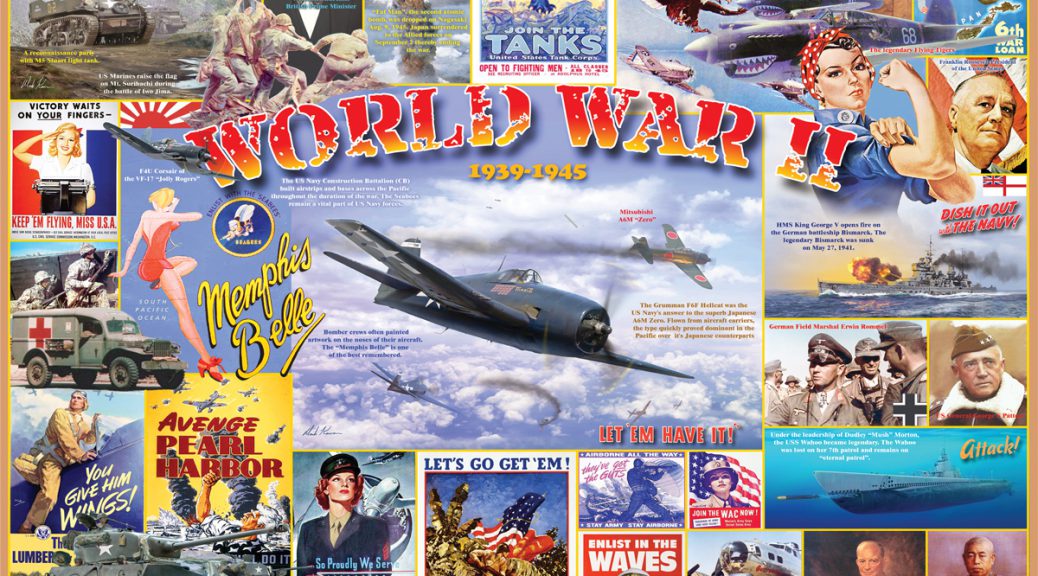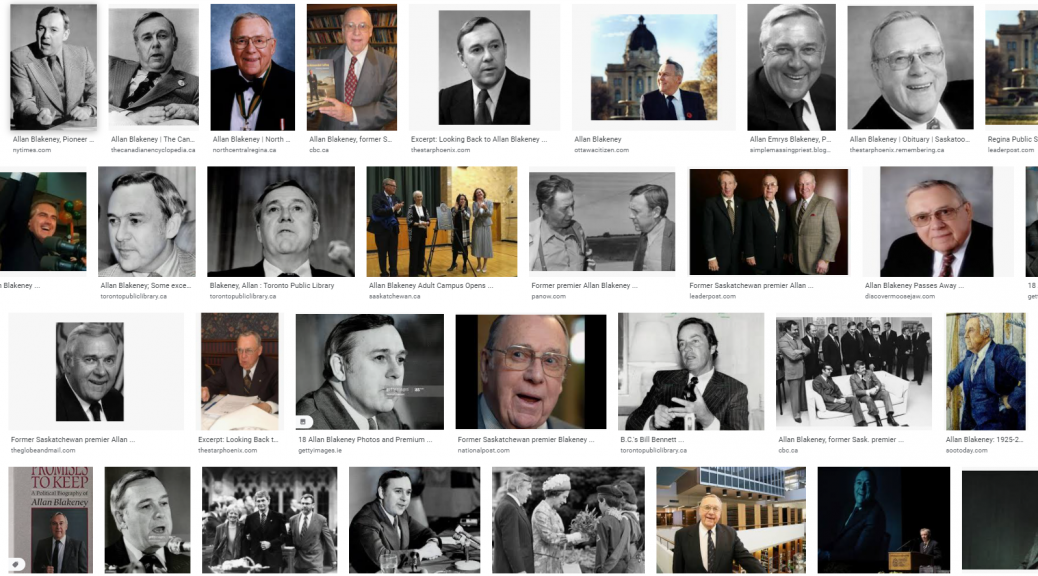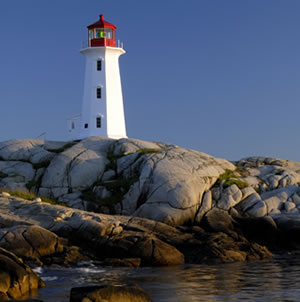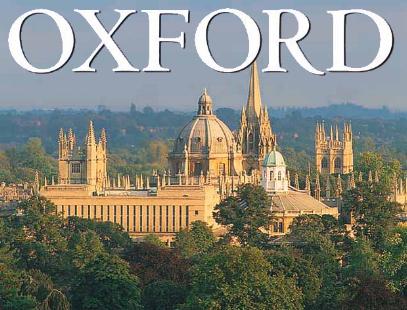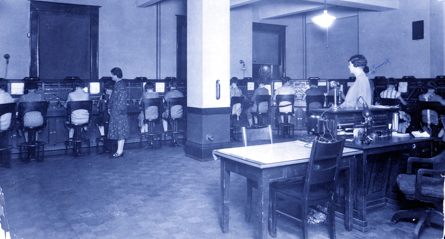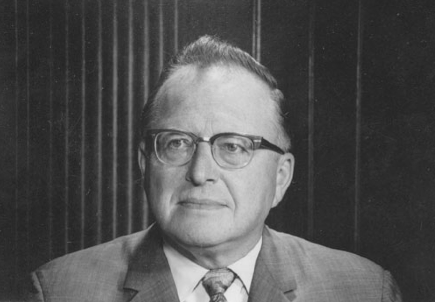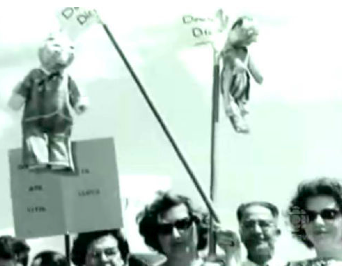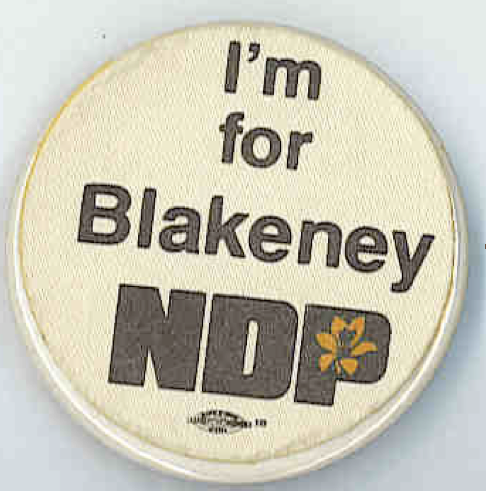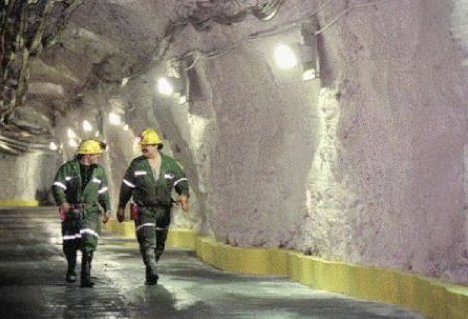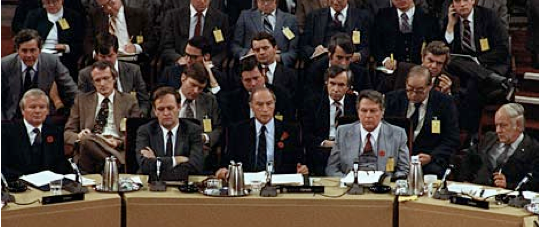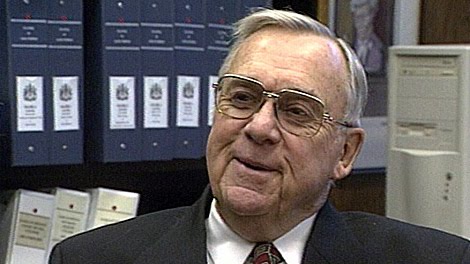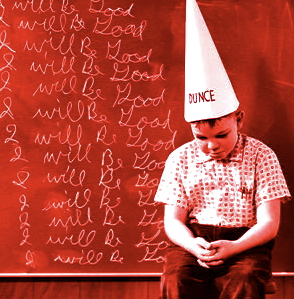 ArgumenTyion
ArgumenTyion
is excessively creative, refusing to accept conventions as norms of discussion. He is a moving object in any debate, and will adjust his position according to changing circumstances. ArgumenTyion will frequently speak without thinking in advance, or formulating a cogent opinion. He relies on a stream of consciousness approach to discussions which makes understanding his position very frustrating; this is not because of his own cunning, but rather because he has no static position.
 Ultimatius is a quick study of any issue, but his analysis is almost always through the lens of social democracy, and against homogenizing political phenomena that do not advance social democratic causes. He is not reliable, especially if he is in a position of suboridination, which he feels is always an injustice. As a static observer of the world around him, Ultimatus believes that everything can be explained through the political theories of the 19th, and early 20th century. Needless to say, he lives with his parents, and adores the state.
Ultimatius is a quick study of any issue, but his analysis is almost always through the lens of social democracy, and against homogenizing political phenomena that do not advance social democratic causes. He is not reliable, especially if he is in a position of suboridination, which he feels is always an injustice. As a static observer of the world around him, Ultimatus believes that everything can be explained through the political theories of the 19th, and early 20th century. Needless to say, he lives with his parents, and adores the state.
Debate: Who Won World War II, the Russians or Others?
http://www.bbc.co.uk/news/uk-politics-10719739
Wrong: Canada made a HUGE contribution. SIMPLY MASSIVE and yet it is not mentioned here. Canada declared war on Nazi Germany before the UK approxiametly 5 hours before the UK. When I was in France, the British assistants asked me where I was from in Canadia. What is Canadia?
Although the new BBC does categories news as “US and Canada” a small victory.

Ultimatius
ArgumenTyion,
In fairness, the UK and Canada were junior partners. In effect, the USSR defeated Nazi Germany.

ArgumenTyion
The USSR was essential, in particular during the Nazi decline 41-42-43. But the RAF pilots during the London Blitz also played a role. There were Canadian, Australian, NZ etc contingents in the RAF who helped to turn Nazi efforts towards a strategic assault to capture USSR oil fields. Each factor was salient, no one countries could have won the war alone. The USSR paid the highest price in human lives due to insufficient military resources per soldier, and the ferocious Nazi war machine.

Ultimatius
I disagree. Outcome of WW2 was decided at Kursk. This is the consensus, too.
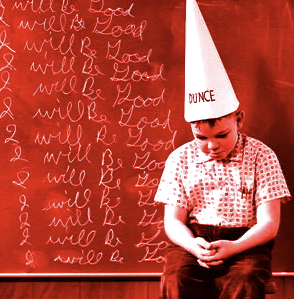
ArgumenTyion
But certainly if the Germans had conquered the UK, the outcome would have been different. The Nazis could have focused more confidently on the Russian front even with a UK guerilla war. In the ensuing conflict, Stalin would have negotiated a seperate peace, after all, he agreed to carve up a soveriegn Polish state into German/Russian halves already. Why would he demand the repatriation of a soveriegn UK?

Ultimatius
He wouldn’t have done. But they would not have yielded either. What Americans tend to forget is that around 70% of German troops were based in the East, throughout the war, and they were also the elite troops. The Nazis didn’t conceive of either the US or UK as posing a threat, hence their sending disabled (I kid you not) and middle-aged soldiers to the Western front.

ArgumenTyion
Having failed to conquer all of Western Europe, Hitler gambled on an Eastern Front victory leaving the UK et al to recillibrate, prepare for a counter-striek. IF Hitler had won in the USSR, he would have possibly prevented an Allied D-Day assault. After defeating the D-Day offensive, he would have then bidded his time to invade the UK. No peace negotiations would have been accepted by Churchill. That invasion of the well fortified British islands would have been a 50/50 draw with the entire commonwealth, Canadian US Australian navies in full force.

Ultimatius
lol, no it wouldn’t. The German military was larger, and qualitatively superior.

ArgumenTyion
Yes, well even if it was proven that German soldiers each could do 50 pushups a day with one hand while reading Mein Kampf in the other, and had superior equipment, tactics, martial arts etc, Germany did not have a nuclear deterant. Berlin would have been vaporized if a second biltz occured. That technological superiority sure did stop the Japanesse in a hurry…

Ultimatius
ArgumenTyion,
Hungarians, Germans, and Austrians built the bomb. Jews, yes – but Germans and Hungarians nonetheless. Indeed, hugely disadvantaged Nazism – its ethnically exclusive, nationalistic character. That said, German equipment = superior, and they did go through more rigorous training. Tanks were better, and they had V2 rockets. Also, they were pretty close to developing a deterrent. I read an interesting paper about the presence of Jews in the American cultural space, arguing that they succeed not by virtue of genetics, but because Jewish culture in America is far more pro-arts and pro-learning than the mainstream culture, know for its anti-intellectual and populist character.

ArgumenTyion
Yes, there was a race to unleash the power of the atom on enemy civilians from both Allied and Axis sides. Jewish German and Magyar scientists were instrumental in the Manhattan Project which involved British, Canadian, and American scientists as well (some which were Scottish for example). I believe one of those scientists subsequently was awarded with his own element in the periodic table: Einsteinium? I don’t want to generalize about all people within a specified ethno-religious group but the often studied Jewish work ethic and Protestant work ethic contributed to creating the nuclear deterant. That deterant would have defeated Hitler if he won in the campaign for the USSR.

Ultimatius
nah

ArgumenTyion
The message is clear: a society that embraces diversity openly is the better type of society. And all forms of patriotism in the US or British or Canadian nationalism weakens those states.
In Uganda under Idi Amin for example, early in his leadership he had all Indian, Pakistani, and other non-Africans who had lived in that country some for over 50 years DEPORTED. The Ugandan economy subsequently collapsed due to lack of native expertise in banking etc.
Hitler’s defeat was inevitable not because of the USSR or other forces BUT because he equipt himself with ill-founded ideas that where essential in his rise to power, but were not sustainable without a pragmatic shift away from pride based superiority/inferiority concptualizations of human interaction. He sowed the seeds of his own defeat by being who he was a self-destructive dreamer.

Ultimatius
I agree that his defeat was inevitable.
Ultimatius
I also agree that more diverse societies are, to some extent, better off. That said, the US is far more exclusive and nationalistic than other Western countries.

ArgumenTyion
It’s hard to measure which state is the most exclusive and nationalistic but you are very likely correct.
Obviously, Australia and the US are far more nationalistic in that they demand higher levels of cultural homogeneity / conformity than say Canada. The American dominant ethnie are known to despise those who do not conform to their standards under the guise of patriotism. The US record puts most Western countries to shame. But like Canada, the US and Australia have the demographic presence of more ethnic cultural groups than other Western countries.
On balance, your statement above is true but new policies are emerging….
Britain under economic duress is becoming more American with regard to immigrants “British jobs for British workers”; In Britain, there is limited use of affirmative action policies for non-Whites or UFIGs such as myself: Undervalued Foreign Immigrant Geniuses. Britain is far more open than say France which now has a new dress-code. Did I mention Germany’s Turkish community?

Ultimatius
“But like Canada, the US and Australia have the demographic presence of more ethnic cultural groups than other Western countries.” Even if that is true? So what? It may be true with regards US and Canada, but Australia is highly homogeneous – they operate strict controls on immigration, and it’s a points-based system where individuals from North America or Europe automatically score higher i.e. white individuals.
1. Don’t perpetuate myths about Turkish community in Germany. In reality, they refuse to integrate, and massive affirmative action is in place. I think that the fault probably lies with them, as opposed to the host community; certainly with regards to socio-economic outcomes.
2. Australia is, according to some measures, the most racist highly developed country. Until the 1970s, Australia had a “whites only” policy with regards immigration. It continues to be racist today, and treatment of indigenous peoples – even by American standards – is abominable.
3. You are right to say that Conservative government usually means more intolerance, less immigration, and more “American-style” populist politics. But I cannot be blamed for that.
4. France works out of secularism, not sure that it is racism. Non-religious North Africans are pretty well integrated. Obviously it is intolerant, but it’s not really “racism.”

ArgumenTyion
1) The Turkish migrant community in Germany refuse to be culturally assimilated but desire opportunities within their own community; to remain Turkish and be accepted as German. Turkish religious customs are unsettling to many Germans who fear their own cultural/language is eroding. A friend whose father has lived in Germany for most of his life just got his German citizenship; he’s 55 and was born in Turkey. Many Turkish seasonal worker families from the 1970s etc still do not speak German at all…It’s complicated but it is clear that non-territorialized culturally divergent groups are less welcome in Germany than say Vancouver.
2) Inclusion is complicated. Australia recently brought in a points based system based on the Canadian model of immigration but policy and what they civil servants actually do is divergent in Australia. Canada is the world’s exceptional case where it is government policy to increase the total population of Canada by 1% per year by reasonable because there is a natural deterant to moving to Canada…weather. Canada, the US are still more “inclusive” towards non-whites by the demographic figures than most Western countries, the question is what level of conformity is demanded of those immigrant groups and whether there is social mobility for new immigrants. The US and Australia are the more nationalistic as you stated.
3) Britain is making my life difficult because they are becoming more nationalistic as well. It’s not your fault personally Sam, it’s cultural which must change to accommodate diversity and UFIs such as myself.
4) The most powerful form of prejudice is one which is not recognized as such but disguised by another ideological issue: for example, since the French Revolution the Catholic traditions have been attacked by social democratic forces incrementally. I was not permitted to discuss religion in my English classes (not that it was on the agenda) and students were not allowed to carry religious items by law: BUT THEY DID ANYWAY, and they were wearing crosses not head scarves. They were allowed to get away with it without consequences because prejudice is often informal. All stores are closed on Sunday because of secular legislation to extend that tradition. Marriage is not as common anymore because it is a symbol of religion, but no one in France would outlaw marriage because it is a French tradition. They outlaw things that they believe are not French under the guise of secularism for example a women’s right to chose to wear a head scarf.

Ultimatius
“Canada, the US are still more “inclusive” towards non-whites by the demographic figures than most Western countries”
As a %, non-whites make up around 15% of UK’s population. France has about 20% non-white, according to some measures. I understand that Turks make up about 15% of Germany’s population…I understand, too, that the figures for the US and Canada are comparable.
“it’s cultural which must change to accommodate diversity and UFIs such as myself.”
It is not cultural per se. What it is is the articulation of one narrative, the conservative one, as opposed to another. There are many different narratives, and different ones will be articulated by different governments.
“They outlaw things that they believe are not French under the guise of secularism for example a women’s right to chose to wear a head scarf.”
I agree that the situation is not ideal. That said, in the US gay civil partnerships and marriages are prohibited. So neither system is really “morally” superior to the other.
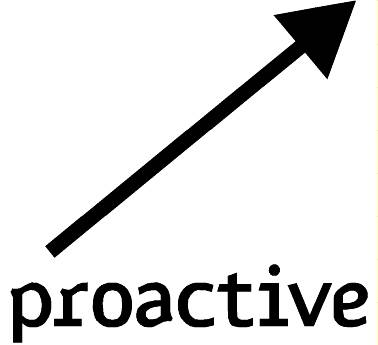
 [IMAGINE THIS SITUATION]: You are planning a picnic with your family, but it becomes stormy. Proactive people will find a solution by having a picnic in their basement, or using the preparations in an other way. Reactive people say this is stormy weather is so upsetting and that all this planning was a waste of time; negativism will be reactive. When you are proactive you tend not to blame others. You cannot blame your misery on fate. When you become proactive it will have profound consequences.
[IMAGINE THIS SITUATION]: You are planning a picnic with your family, but it becomes stormy. Proactive people will find a solution by having a picnic in their basement, or using the preparations in an other way. Reactive people say this is stormy weather is so upsetting and that all this planning was a waste of time; negativism will be reactive. When you are proactive you tend not to blame others. You cannot blame your misery on fate. When you become proactive it will have profound consequences.


